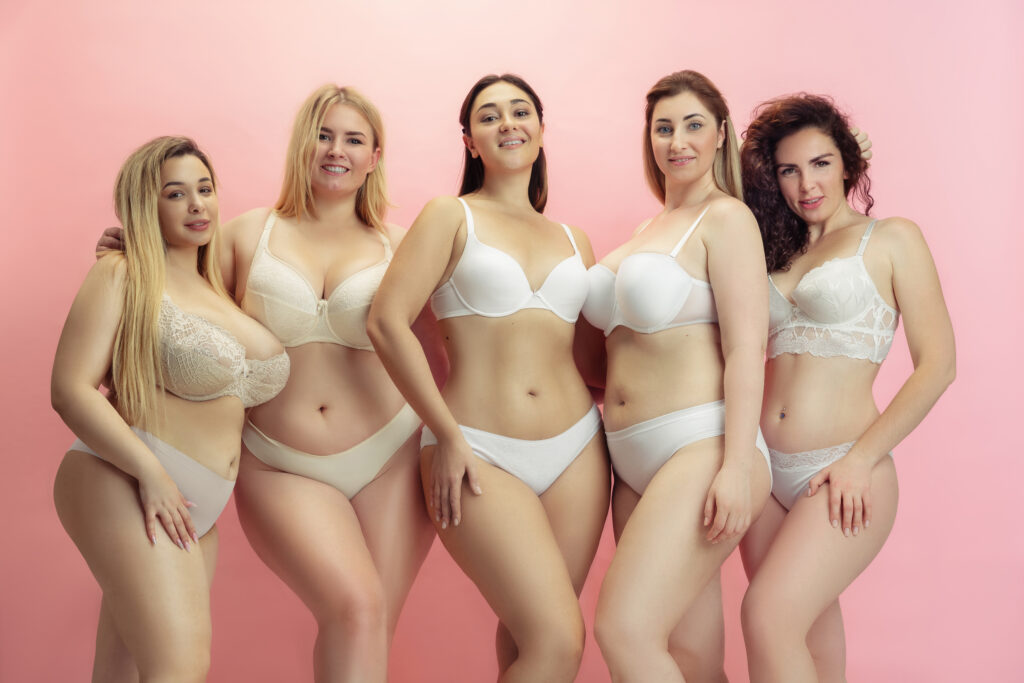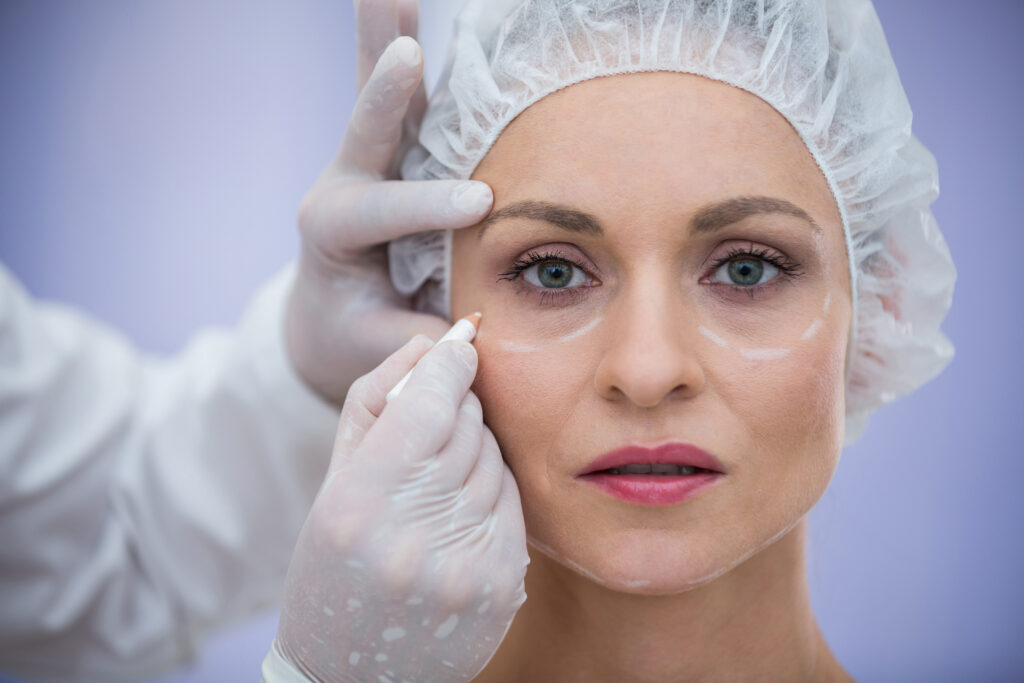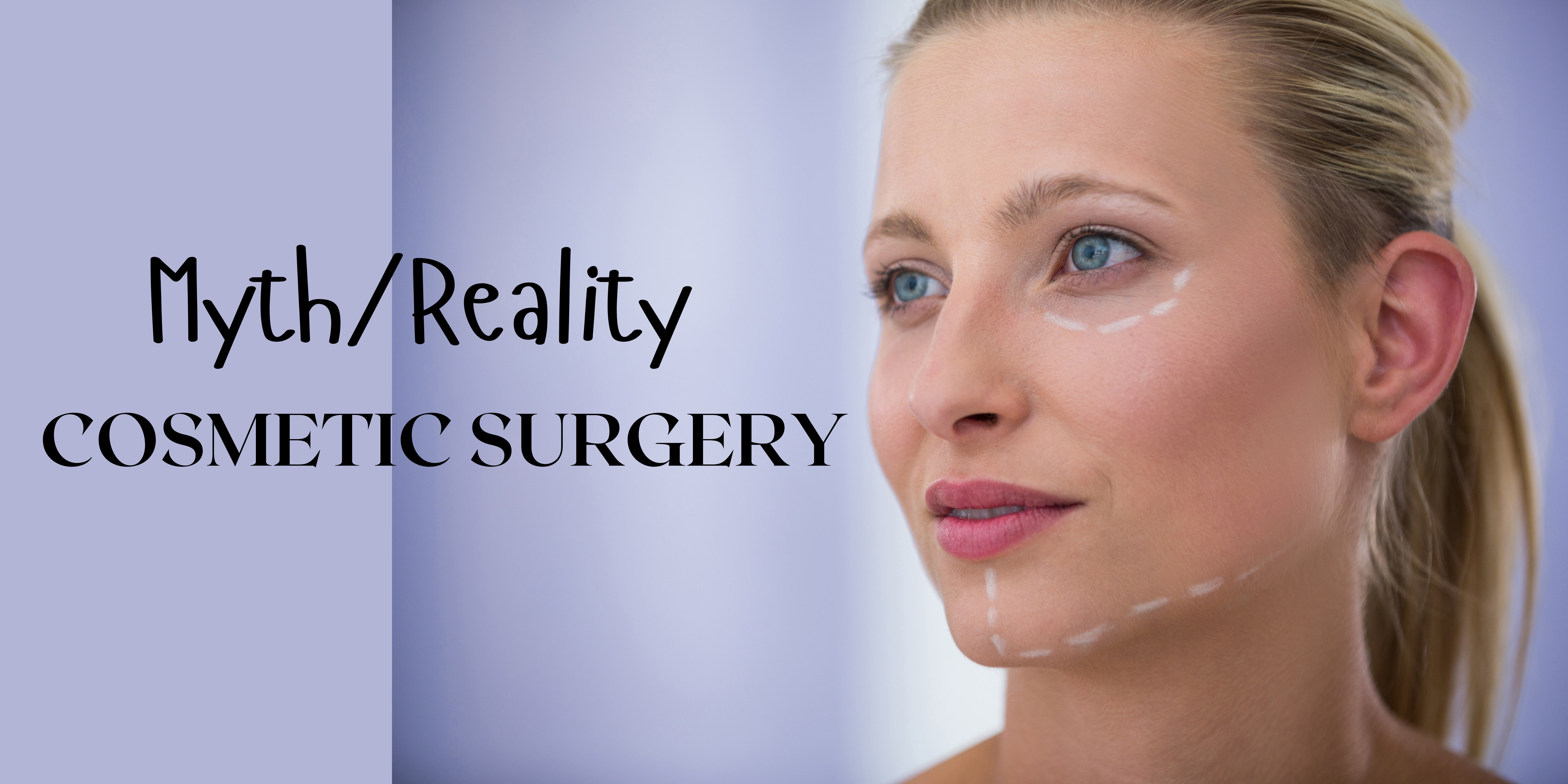- Tattv
- 0 Comments
Cosmetic surgery has been a subject of ongoing debate and discussion, provoking diverse reactions from individuals. While some commend it as a form of self-expression and empowerment, others regard it as redundant and superficial. Nonetheless, it’s crucial to acknowledge the notable advancements and changes in cosmetic surgery in recent times.
This blog post aims to dispel prevalent misconceptions about cosmetic surgery and highlight its potential positive influence on individuals’ lives.
Myth: Cosmetic surgery is a sign of insecurity.
Reality: Despite common assumptions, numerous individuals opting for cosmetic surgery are actually secure and self-assured. They perceive it as a means to refine their appearance and manifest their artistic vision, akin to how we utilize clothing, hairstyling, or makeup. It’s crucial not to automatically attribute insecurity to those undergoing cosmetic procedures. Rather, they’ve chosen to enact a constructive transformation aligning with their personal wishes and goals. Additionally, board-certified cosmetic surgeons rigorously assess patients to ascertain their mental preparedness for the surgery, filtering out individuals grappling with profound insecurities or body dysmorphia.

Myth: Cosmetic surgery perpetuates unrealistic beauty standards.
Reality: Cosmetic surgery doesn’t enforce rigid beauty standards or advocate for unrealistic body ideals. Instead, it acknowledges and embraces the spectrum of body shapes and sizes. Procedures such as body contouring aim not just for weight reduction but for achieving balance and symmetry tailored to each person’s individual desires. For instance, the Brazilian Butt Lift demonstrates how body contouring can accentuate curves and cultivate a fuller figure. Cosmetic surgery empowers individuals to realize their unique vision of themselves, liberated from societal pressures.
Myth: Cosmetic surgery undermines feminism and individuality.
Reality: Respecting an individual’s autonomy and their right to decide on their appearance is paramount. Criticizing women or anyone for their choices regarding cosmetic surgery contradicts the core principles of feminism and personal autonomy. Motivations for undergoing cosmetic procedures vary greatly and are often complex. Such decisions shouldn’t be oversimplified or exclusively linked to the pursuit of attractiveness to others. Cosmetic surgery serves as a means for individuals to express their uniqueness, delve into their identity, and cultivate a sense of empowerment and self-assurance.

Myth: Cosmetic surgery lacks diversity.
Reality: The belief that cosmetic surgery lacks diversity is antiquated and doesn’t align with the present reality of the field. Surgeons from diverse backgrounds and patients with a range of characteristics contribute to a vibrant spectrum of beauty standards and aspirations. Cosmetic surgeons collaborate closely with each patient, comprehending their individual features and objectives, to attain outcomes that enhance their inherent beauty. The field actively celebrates and embraces varied interpretations of beauty, striving to aid individuals in their pursuit of self-enhancement.
Myth: Cosmetic Surgery is Superficial and Unimportant
Reality: Cosmetic surgery transcends mere superficial alterations to one’s appearance. It represents a dynamic domain that has propelled forward medical research and therapeutic interventions. For example, Botox, initially associated with cosmetic enhancements, is now utilized for migraine prevention. Aesthetic implants have revolutionized reconstructive options for breast cancer survivors, offering both physical and psychological solace. Techniques devised for scar reduction in cosmetic surgery have found applications across diverse surgical procedures. Furthermore, cosmetic surgery plays a pivotal role in enhancing individuals’ mental health, aiding them in surmounting physical and emotional obstacles and empowering them to embrace their authentic selves.
Myth: Cosmetic surgery is exclusive to the wealthy.
Reality: Cosmetic surgery has become increasingly accessible over time, extending its reach beyond the affluent. The proliferation of patient financing alternatives has facilitated the pursuit of cosmetic procedures by individuals across various socioeconomic strata. Furthermore, the popularity of non-surgical treatments like injectables has integrated cosmetic medicine into routine self-care practices for people of diverse ages. Thus, cosmetic surgery is no longer confined to the domain of the wealthy elite but has evolved into a feasible option for a more extensive demographic.

Myth: Cosmetic surgery is dangerous and not worth the risk.
Reality: Although all surgeries carry risks, cosmetic procedures have become increasingly safe due to advancements in medical technology and the proficiency of board-certified cosmetic surgeons. It’s essential to select a qualified surgeon who prioritizes patient safety and possesses expertise in the procedure you’re contemplating. Accredited surgical facilities and skilled anesthesia providers also play crucial roles in ensuring a safe surgical experience. Patients should educate themselves about the procedure, seek multiple consultations, and verify information from reputable medical sources to make well-informed decisions.
Myth: Cosmetic surgery guarantees a standard outcome for every procedure.
Reality: Cosmetic surgery is not a standardized process. Each procedure is customized to suit the individual’s anatomy, aesthetic preferences, and desired outcomes. While patients may have particular procedures in mind, effective cosmetic surgeons engage in open dialogues to comprehend the desired results fully. This collaborative approach ensures alignment between the surgeon and patient, facilitating the realization of the patient’s vision. Skillful cosmetic surgeons prioritize not only successful outcomes but also emphasize healthy recovery processes and results that enhance the patient’s natural features, ultimately fostering satisfaction and confidence.
Selecting the appropriate cosmetic surgeon to ensure a safe and satisfying experience.
When deciding on a cosmetic surgeon, it’s vital to opt for a board-certified professional who places emphasis on patient safety and satisfaction. Board-certified cosmetic surgeons have undergone rigorous training, possessing the requisite skills to assist patients in making informed decisions that yield desirable outcomes. To identify a competent surgeon, consider the following guidelines for selecting one.
In conclusion, cosmetic surgery has undergone significant evolution, empowering individuals to pursue choices aligning with their personal aspirations and objectives. It’s crucial to debunk prevalent myths surrounding cosmetic surgery and acknowledge its beneficial impact on individuals’ lives. Through embracing diversity, prioritizing patient safety, and customizing procedures to meet individual requirements, cosmetic surgery can serve as a transformative journey toward self-acceptance and confidence.
Embark on your journey toward a more radiant self with Dr. Renu V. Singla. Reach out to us today to arrange your personalized consultation.

